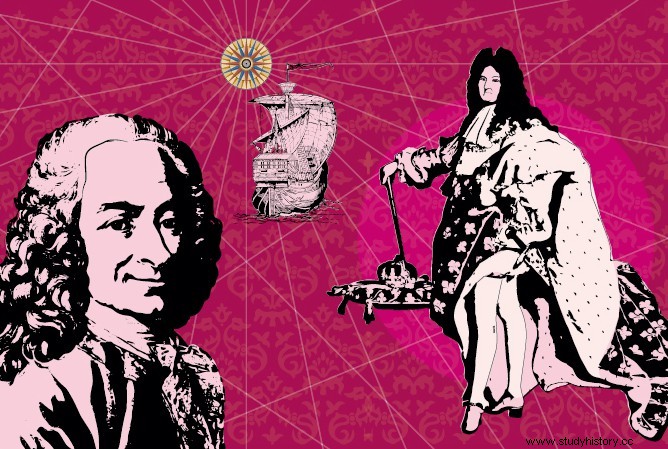
In the eyes of many, Nicolas Machiavelli is the author of Prince . Nothing more. The universal echo of this political essay has earned him a detestable reputation. According to the Robert dictionary , a Machiavellian person "uses trickery, bad faith, does not keep his promises, to achieve his ends".
Except that Machiavelli is not "Machiavellian", that his reflection on the state of his homeland, Florence, and of Italy obeys particular circumstances. We have been raving about him for five centuries, wrongly and through, to tear him down. The two authors of this book, Jean-Louis Fournel and Jean-Claude Zancarini, are amused:“Machiavel is always, always has been, always will be a bone of contention, which would probably not have displeased him. »
Their essay comes after many others, but it stands out. It is a "life-work" that goes into the detail of the work done by Machiavelli. At 29, he entered the secretariat of the Chancellery. He served the Republic of Florence from 1498 to 1512 and, after a period of disgrace following the return of the Medici, he served his city until his death in 1527. His life spanned an Italy at war, from the irruption of the French – the “barbarians” – in 1494, and their return in 1501, 1515 and 1525, until the final tragedy:the sack of Rome in 1527 by the troops of Charles V. It follows the vicissitudes of the Medici, of the lost, refounded Republic, of the papal wars with Caesar Borgia.
Machiavelli writes in Tuscan, in a simple, almost familiar language. His thinking is clear, lively, never convoluted.
To “think” war and its aftermath, Machiavelli read ancient authors (Tite-Live, Végèce, Frontin, Polybius) and conversed with his most relevant contemporaries, such as Guichardin. From his hundreds of public and private letters, from his thousands of pages, reports, day-to-day reflections, Fournel and Zancarini draw a common thread that allows them the safest approach.
Machiavelli writes in Tuscan, in a simple, almost familiar language; but which is also “nourished by the words of the profession of politician”. His thinking is clear, lively, never convoluted. It rings true. All the error of its main glossators – Jean Bodin, Voltaire (who prefaces -l’-Anti-Machiavelli of Frederick II of Prussia), Rousseau, Croce, Lenin, Mussolini, Leo Strauss, Raymond Aron – is to have crushed Machiavelli’s reflection until it became illegible. This study will mark a milestone, because it operates in a genealogical way, only cares about the singular and refuses any universalization of a single thinker.
MACHIAVELLI,
A LIFE IN WAR
Jean-Louis Fournel, Jean-Claude Zancarini
Past compounds, 2020, 624 p., €27
